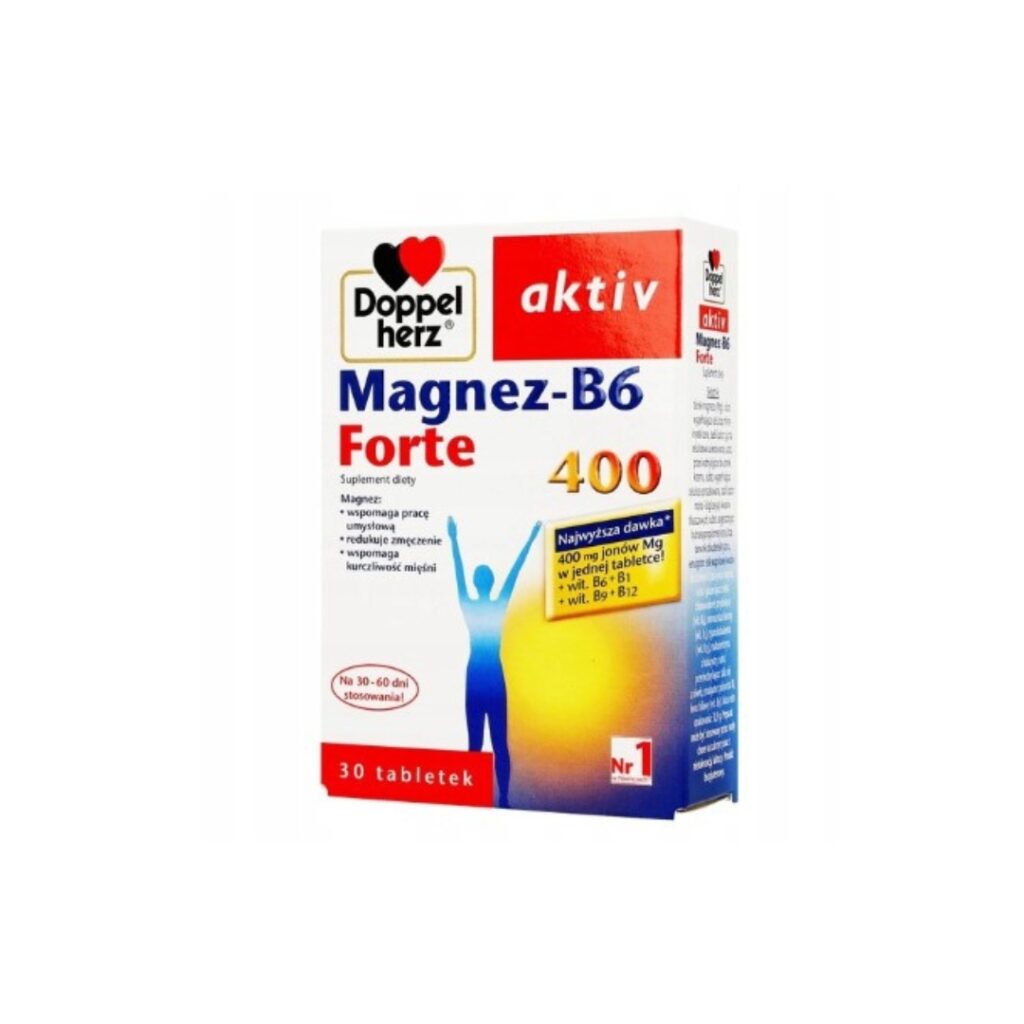Description:
APAP Migraine is a three-component medication containing paracetamol, acetylsalicylic acid, and caffeine. Paracetamol provides analgesic and antipyretic effects. Acetylsalicylic acid adds anti-inflammatory properties to its pain-relieving function. Caffeine, included in the medication, aims to gently stimulate and enhance the analgesic effects of the other active ingredients.
APAP Migraine is used in adults for the occasional treatment of headaches, including migraines.
Composition:
Active substances: paracetamol, acetylsalicylic acid, caffeine.
One coated tablet contains: 250 mg paracetamol, 250 mg acetylsalicylic acid, 65 mg caffeine.
Excipients: microcrystalline cellulose, low-substituted hydroxypropyl cellulose, stearic acid 50; Coating: Forcoat White W010 (hypromellose, titanium dioxide (E 171), propylene glycol, benzoic acid), Carnauba wax.
Dosage:
Follow the information in the leaflet or as directed by a doctor or pharmacist.
Maximum daily dose: 6 tablets (totaling 1500 mg acetylsalicylic acid, 1500 mg paracetamol, and 390 mg caffeine).
Headache: Take 1 tablet with water. If necessary, another dose can be taken after 4-6 hours. In cases of severe pain, 2 tablets can be used instead of one. Do not use for more than 4 days without consulting a doctor.
Migraine: Take two tablets with water. Another dose can be taken after 4-6 hours if needed. Do not use for more than 3 days without consulting a doctor.
Action:
APAP Migraine combines paracetamol (analgesic, antipyretic), acetylsalicylic acid (analgesic, antipyretic, anti-inflammatory, platelet aggregation inhibitor), and caffeine (stimulant, enhances analgesic effects). It is a complex medication designed to increase the effectiveness of pain relief.
Indications:
APAP Migraine is used occasionally in adults for the treatment of headaches and migraines, often accompanied by light sensitivity, sound sensitivity, nausea, and impaired normal functioning, with or without aura.
Contraindications:
Do not use if allergic to acetylsalicylic acid, paracetamol, caffeine, or any components of the medication. Avoid in cases of stomach or intestinal ulcers, bleeding disorders, severe heart, liver, or kidney conditions, and during the third trimester of pregnancy.
Adverse Reactions:
Possible adverse effects include allergic reactions, gastrointestinal issues, blood pressure changes, anxiety, restlessness, insomnia, dizziness, and headache.
This summary is not exhaustive; refer to the APAP Migraine leaflet for further guidance.




